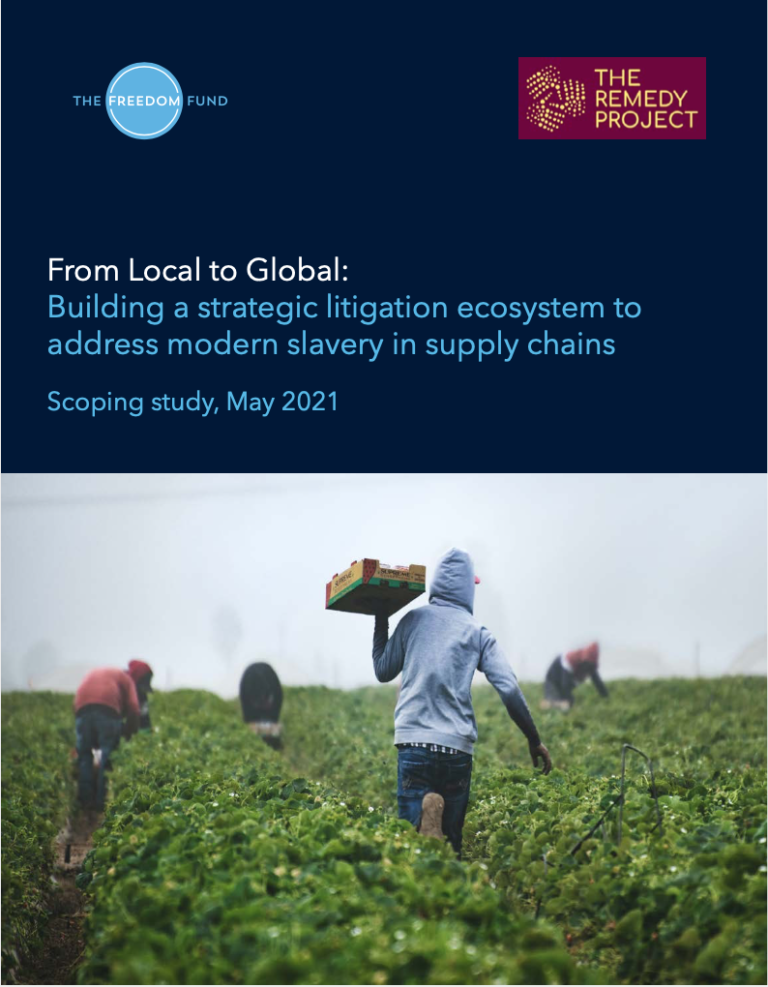Worth Listening– Understanding and Implementing Human Rights Grievance Management
GuidanceThis guide is intended to assist companies, including small and medium-sized enterprises (SMEs), in designing effective human rights grievance mechanisms. It provides practical advice and case studies, which show that a business is not expected to ...Read More

